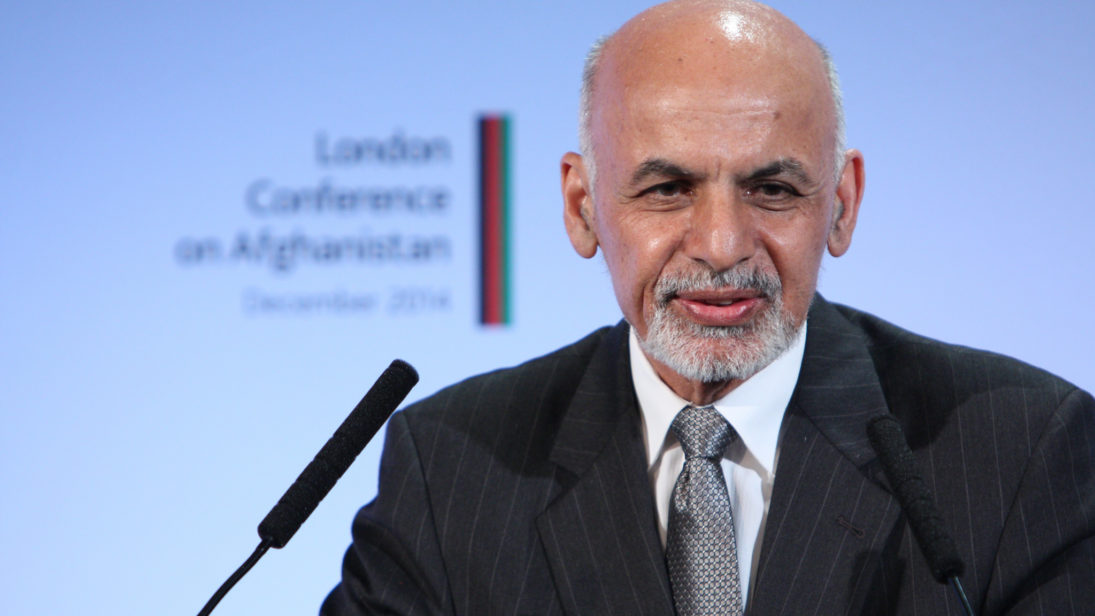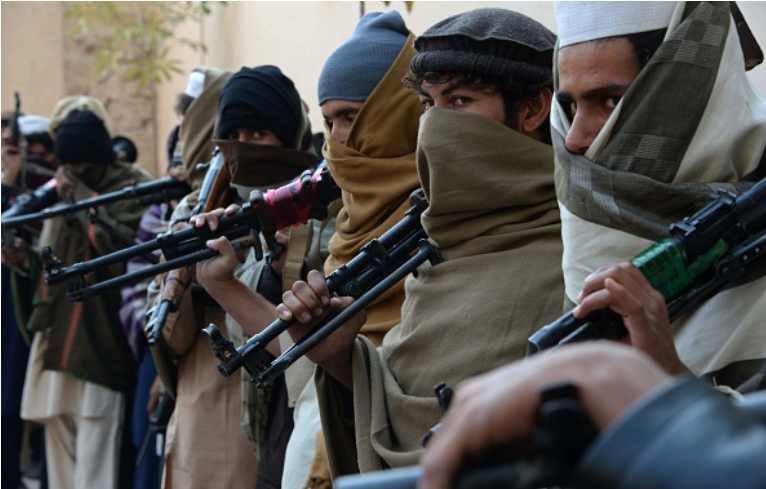
Nine months into a new U.S. presidential administration, the relationship between the United States and Pakistan has been under noticeable strain. U.S. President Donald Trump’s speech on Afghanistan policy took a markedly critical tone towards Pakistan. Yet, Trump’s statement following the release of an American-Canadian family taken hostage by the Taliban-affiliated Haqqani network was more positive. Following the release of Caitlan Coleman, Joshua Boyle, and their three children, Trump stated that “the Pakistani government’s cooperation is a sign that it is honoring America’s wishes for it to do more to provide security in the region.” A renewed show of confidence in the Pakistani state from the United States might start to bridge the void in U.S.-Pakistan relations, but there is much more that needs to be done by both governments to ensure this cooperative rapport continues.
The status of U.S.-Pakistan relations is particularly important in light of the recent meeting of the so-called Quadrilateral Coordination Group (QCG), a group of representatives from Afghanistan, Pakistan, China, and the United States designed to discuss prospects for peace talks between the Afghan government and the Taliban, which holds significant territorial and political sway outside of Kabul. The most recent meeting of the QCG in Muscat, Oman was the sixth time the group has met since the group’s inception in 2015.
Notably, the Taliban was not part of the Muscat meet. Roughly a week before the meeting, the Taliban’s leadership council decided not to send a delegation to the QCG even if an invitation was extended. The Taliban’s absence could be in response to a May 2016 U.S. drone strike in the western Pakistani city of Quetta, which killed the Afghan Taliban’s leader Mullah Akhtar Mansoor. Despite the Taliban’s absence, the unreliable nature of the QCG as a forum, and the current slump in U.S.-Pakistan relations, the QCG does provide an important platform for the four participating countries to address their differences regarding the peace process. As such, the success or failure of the QCG primarily rests on two factors: the Pakistan-Afghanistan bilateral relationship and how well Pakistan can demonstrate to the Trump Administration a renewed commitment to tackling terror groups that conduct attacks inside Afghanistan.

Pakistan-Afghanistan relations
Perhaps sensing the need to shore up Pakistan-Afghanistan bilateral ties ahead of the QCG meet, Afghanistan’s Chief Executive Abdullah Abdullah said that “Afghanistan-Pakistan relations will be discussed” through the QCG. Afghanistan has long-standing issues with Pakistan and its stance with regards to the Afghan Taliban. In particular, the Afghan government alleges Pakistan has provided the Afghan Taliban with safe havens in Pakistan’s western tribal areas. This is significant given persistent attacks on Afghan government and military targets with the most recent occuring only today, which killed 58 Afghan security forces.
Yet, while the Afghan government may allege collusion between Pakistan and the Afghan Taliban, there are some indications that Pakistan’s influence over the Haqqani network, for example, is eroding. Namely, Pakistan has been unable to secure the Haqqani network’s cooperation in finding and delivering Mullah Fazlullah—the chief of the Tehrik-e-Taliban (or Pakistani Taliban) group that organized the deadly attack on the Army Public School in Peshawar in 2014 that killed 131 children. Fazlullah is considered to be hiding in Afghanistan. These issues threaten to undermine any progress towards reconciliation talks facilitated by the QCG or otherwise so long as Afghan-Pakistan relations continue on their current downward trajectory.
Bridging the divide in U.S.-Pakistan relations
Pakistan’s relationship with the Trump administration is also a crucial factor for the future of the QCG and the Afghan peace process. Whether the Trump administration actually intends to follow through on threats to rescind aid or other measures to compel Pakistani compliance, it has become clear that Trump’s “saber rattling” has gotten the attention of the security establishment in Pakistan. As such, the Muscat meeting and recent visits by Pakistani Foreign Minister Khawaja Asif and Interior Minister Ahsan Iqbal to the United States could be evidence that Trump’s “tough talk” might have triggered the Pakistani authorities to take a more proactive stance towards answering some of the U.S. president’s charges.
These developments are significant because U.S.-Pakistan cooperation is critical to both the Afghan peace process and regional stability. As such, Trump’s recent tonal shift following the hostage release is a welcome sign. Pakistan also seems keen to reciprocate the goodwill. Pakistani Chief of Army Staff General Qamar Javed Bajwa’s visit to Afghanistan earlier this month apparently served as an icebreaker between the two countries. Indeed, U.S. Defense Secretary Jim Mattis stated, “right now, based on a very recent visit by the chief of army staff from Pakistan, there is actually optimism [here] and in Kabul that his visit presages a new chapter.” This recent goodwill, seemingly, led to the decision to organize the Muscat talks.
However, any U.S.-Pakistan rapprochement will face challenges from multiple quarters, including distrust of U.S. intentions among the Pakistani public and the fragile state of civil military relations in Pakistan. However, it is clear that Trump is unconventional in every sense of the word and U.S. relations with any one country has become increasingly difficult to predict. In this period of uncertainty, existing forums like the QCG should seize the opportunity to gain more legitimacy and push past calcified talking points and positions towards real dialogue.
***
Editor’s Note: Click here to read this article in Urdu
Image 1: DFID, via Flickr.
Image 2: Noorullah Shirzada via Getty Images.


